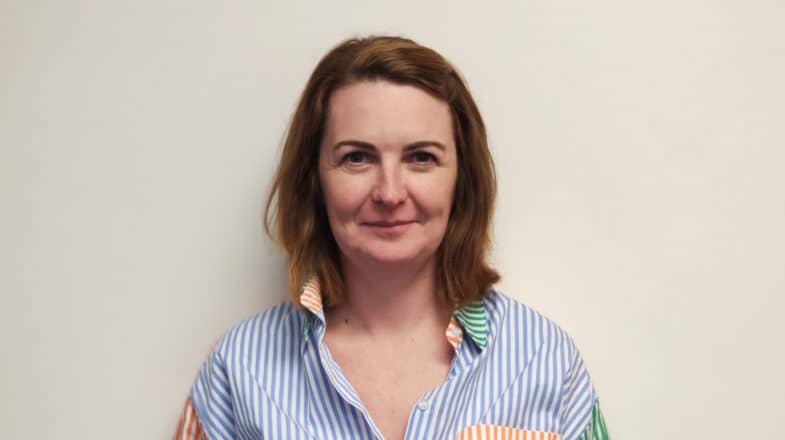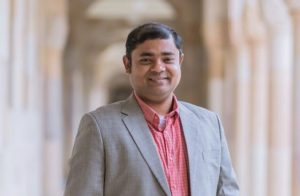Health Matters! Art Competition
The Centre for Disability Studies invites non-professional artists who identify as having an intellectual disability to join our online art competition We invite you to create artworks that express what […]

A/Prof Mary-Ann O’Donovan, Associate Professor and Executive Director, Center for Disability Studies (CDS), the University of Sydney.

Debashis Sarker, Lead, Inclusive Education, Center for Disability Studies (CDS), the University of Sydney
Around 15 percent of the world’s population have some form of disability (WHO, 2011) and most of them have limited access to livelihood opportunities. Moreover, due to stigma and discrimination, people with disabilities cannot participate in society equally with others. Although global development agendas such as Sustainable Development Goals (SDGs) and United Nations Conventions on the Rights of Persons with Disabilities (UNCRPD) specifically urged to ensure inclusive education (see Goal 4 of SDG: inclusive and equitable quality education; Article 24 of UNCRPD: inclusive and quality education) for people with disabilities. Despite these initiatives, people with disabilities particularly people with intellectual disabilities have less access to inclusive education. Specifically access to higher education is greatly restricted for people with intellectual disabilities.
One of the key strategies to support the empowerment of people with intellectual disabilities is to ensure access to education and life-long learning. Many people with intellectual disabilities experience severe exclusion in education services in the primary and secondary education stages, and more so at tertiary level. However, in those limited cases, students with intellectual disabilities also experience lack of customised education materials, adaptive teaching techniques, enabling classroom settings.
To create an enabling environment for higher education for students with intellectual disabilities, a person centered cutting edge disability research organisation, Center for Disability Studies (CDS) which is affiliated with the Sydney Medical School at the University of Sydney, has been operating an innovative way to provide an opportunity to people with intellectual disabilities to experience university education at the University of Sydney, Australia, through its award winning uni 2 beyond program. Under this program, people with intellectual disabilities are provided an opportunity to take part in university life as audit (non-enrolled) students. Students choose from the full range of subjects available and select two modules each semester. This gives an opportunity to people with intellectual disabilities to experience university study, participate in social occasions regularly, make friends and extend social networks, and also access to career advisory service. CDS’s career advisory team make the bridge with the partner organisations to promote practical internships that may lead to the individual gaining employment. This innovative practices of inclusion and empowerment of people with intellectual disabilities also well documented in the national and international news agencies such ABC news.
This is a start but much more is needed, including a national policy level response to the inclusion of people with intellectual disability in higher education (with matching resourcing); willingness from Universities across Australia to provide opportunity for audit and accredited pathways for people with intellectual disability; and a commitment from the University sector to Universal Design for Learning. In addition, universities should have specific policies to address the need of students with intellectual disabilities and conduct regular audit about the progress of those policies. Students with intellectual disabilities should be involved in the curriculum development and design, and increase awareness and training opportunities among teaching and wider administrative staff. CDS is continuously working as a person centered disability research think tank and advocate to work with all these aforementioned issues.
To celebrate this day ‘International Day of People with Disability’ we call for a collective action from students to families to universities to caregivers to policy makers to government to global development watchdogs to act as fast as possible to ensure inclusive education to achieve the goal of SDGs and UNCRPD. Without this, the empowerment of people with intellectual disabilities seems to be impossible.